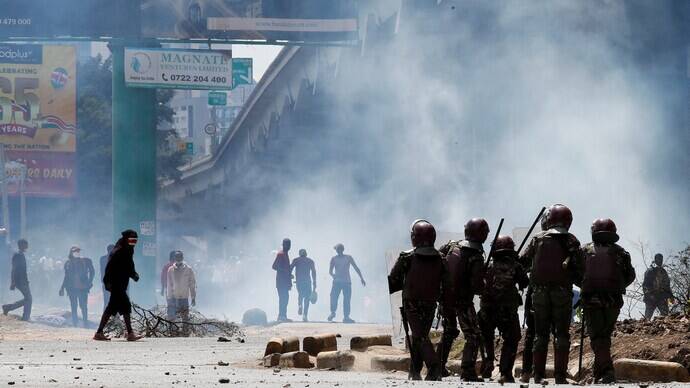
By Kennedy Nalyanya
NAIROBI, KENYA – In a significant move safeguarding the rights of protesters, the High Court has extended an order barring police from using teargas, pepper spray, or water cannons on protesters seeking shelter in enclosed spaces, including churches and hospitals. The conservatory orders will remain in effect until December 10, pending the full hearing and determination of a petition filed by human rights groups.
The ruling comes amid heightened concerns over police brutality and the use of excessive force during recent anti-government demonstrations. A petition filed by various civil society organizations argued that the use of such crowd control measures in confined areas constitutes a violation of fundamental human rights, including the right to life, dignity, and freedom from torture.
The High Court's decision specifically prevents the National Police Service from deploying teargas, pepper spray, and water cannons against individuals who have retreated into buildings for safety. The ruling highlights a growing judicial push to hold law enforcement accountable and to ensure that the constitutional right to protest peacefully is upheld without fear of disproportionate and dangerous force.
Past reports from human rights bodies, including the Independent Policing Oversight Authority (IPOA), have documented instances where teargas has been used indiscriminately in residential areas, causing injury and even death to bystanders, including children. The extension of the court order is seen by activists and legal experts as a crucial step towards preventing such tragic outcomes and fostering a more responsible approach to public order management.
The legal battle is part of a broader national conversation on police reform and accountability, which has been fueled by recent protests over the high cost of living and proposed tax hikes. As the December 10 date approaches, both the police service and human rights advocates are expected to present their arguments to the court, which will deliver a final ruling on the matter.


Add comment
Comments